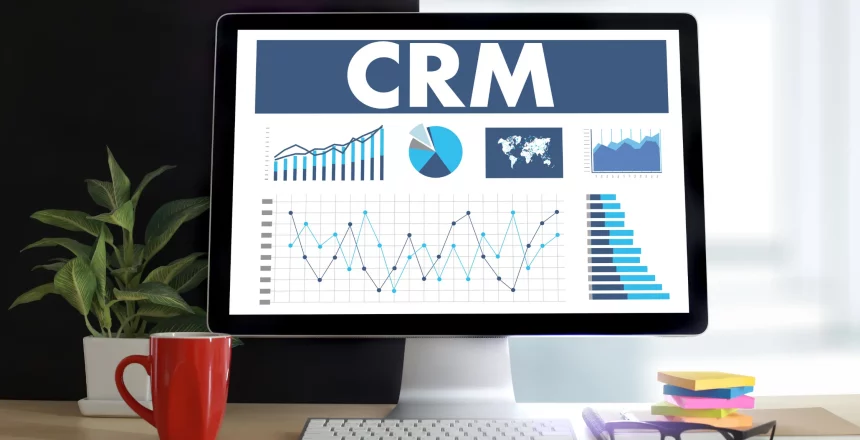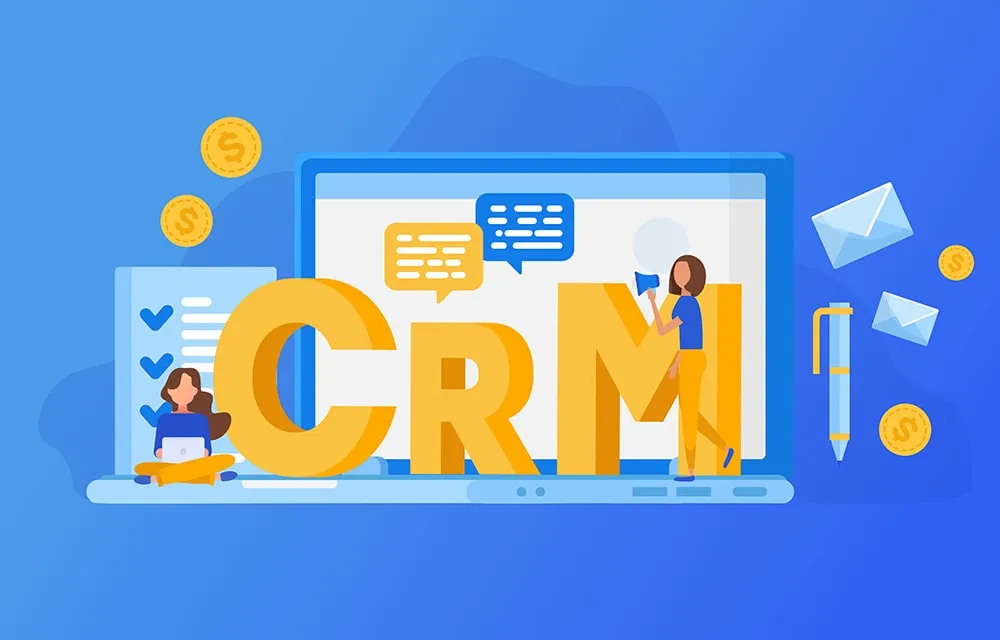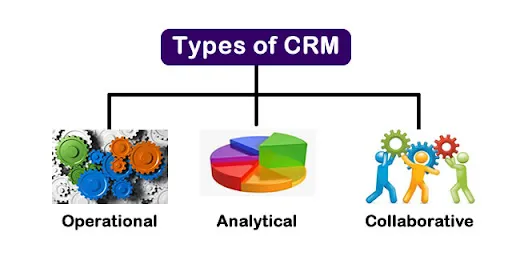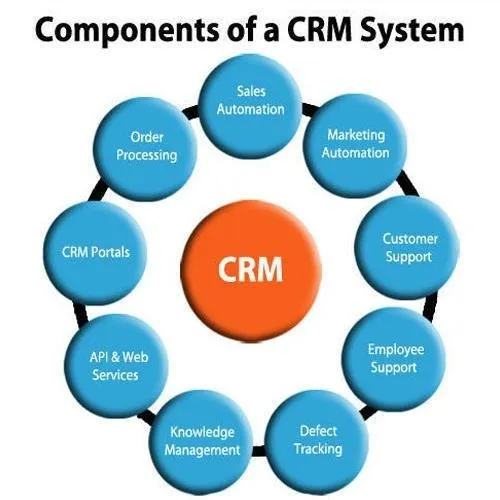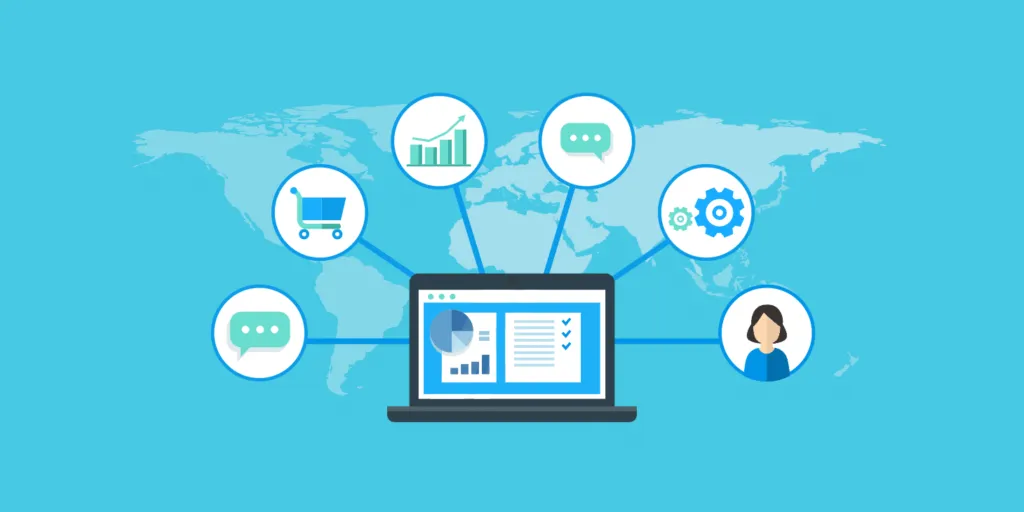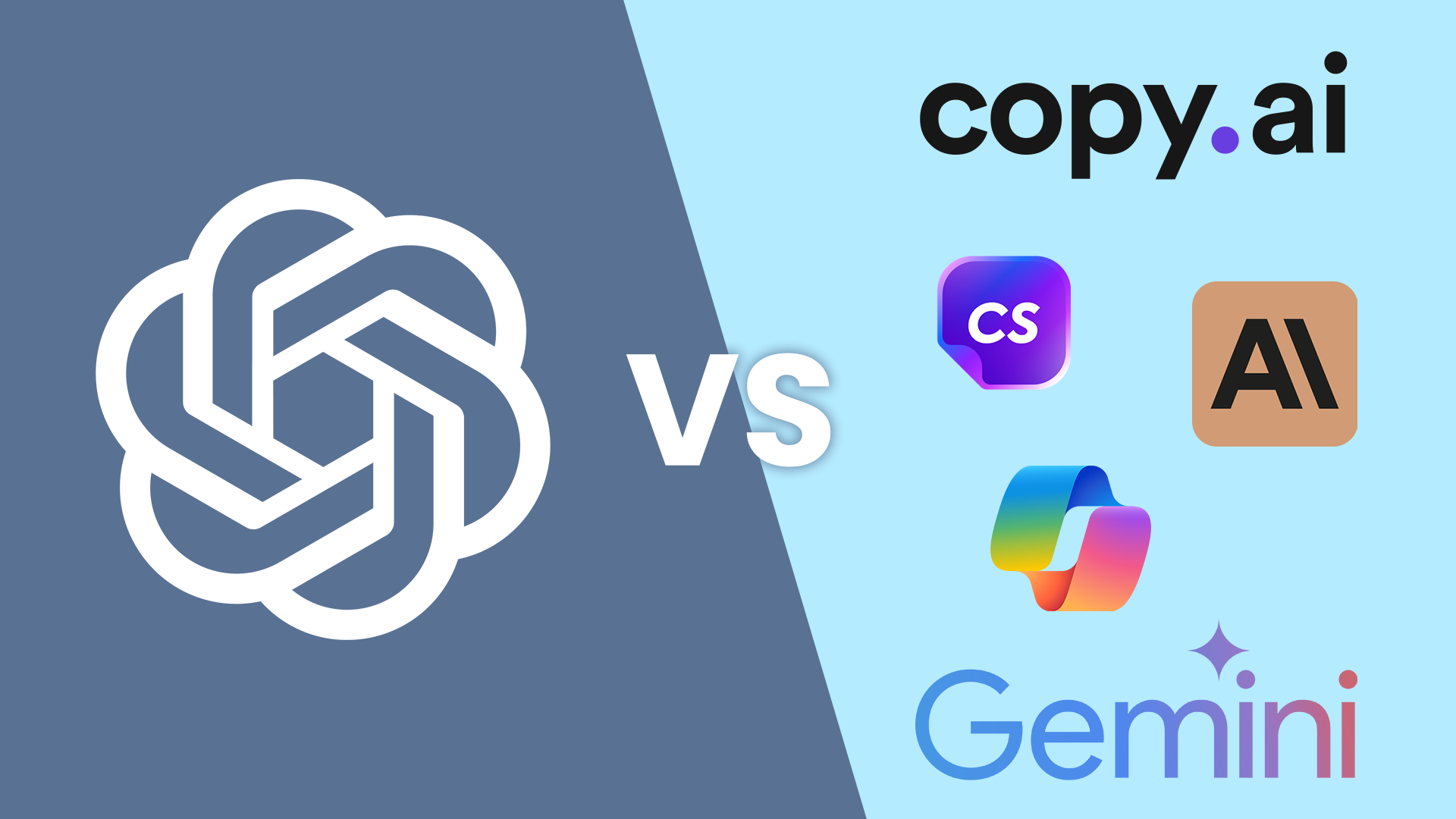CRM stands for customer relationship management, and it’s an important aspect of the business. A CRM system helps with sales and marketing, but there are different CRM types to choose from.
You may be wondering: do I need one? What should I look for?
Read on to find out the answers!
Choosing the right CRM for your business can be a challenge. It’s essential to identify your requirements and compare features before deciding.
Source : thetechhacker
Table of Contents
3 Types of CRM: what are they?
CRM is a system that allows you to track customer activities and interactions with your business.
By recording the data of each interaction in one place, you can better understand what customers are looking for and how they want to be communicated.
Source : googleusercontent.com
What are the different types of CRM?
There are three major types of CRM systems available today:
1.Collaborative CRM systems
2.Operational CRM systems
3.Analytical CRM systems
1. Collaborative CRM systems
A collaborative CRM system can help businesses work together more efficiently and provide the necessary tools for seamless progress.
The benefits of a collaborative CRM system are that it helps with customer service, marketing campaigns, analytics, reporting tasks, and much more.
Collaborative CRMs assure each team has access to the same up-to-date customer data, no matter which department or channel they work in.
2. Operational CRM systems
Operational CRM systems are valuable for your business processes, but many people don’t realize how much they can benefit from one.
These software packages help automate customer relationship management by tracking interactions with customers across various channels and improving communication efforts.
If you want to improve your business’s marketing strategy, an operational CRM system might be just what you require.
3. Analytical CRM systems
As a business owner, you’re always looking for ways to improve your bottom line. One of the most efficient means is analyzing your customers’ behavior and purchasing patterns.
The more you know about what makes them tick, the easier it is to market to them effectively.
CRM systems are one of the best tools available for gaining this insight into customer behavior.
But not all CRMs are created equal- there’s a huge difference between poorly implemented systems that don’t deliver on their promises and ones that can take your business up a notch or two!
Analytical CRM systems are among the most important aspects of any business looking to succeed in today’s competitive market.
The ability to track and measure every aspect of your marketing campaign is crucial for success, but many businesses find it difficult due to a lack of time or resources.
Analytical CRM systems are important to businesses because they provide insight into customer behavior.
With this information, marketers can deliver the right product at the right time and increase revenue by upselling or cross-selling other products.
Operational vs. analytical CRM types
The two types of CRM: operational and analytical, come with different benefits for different businesses.
Analytical CRMs focus more on helping you understand your customers’ behavior across the board, while operational CRMs provide answers about specific parts of your business that you can address immediately.
For example, if a company sells its products online but wants to increase its sales in brick-and-mortar stores, an analytical solution would be better because it could help them determine which target audience is most effective at making purchases from physical locations.
In contrast an operational solution could only tell the company how well they have been doing so far.
You can go to one dashboard and get a concept of the pulse of your sales, marketing, customer service, and other core processes.
CRM is crucial because it can automate many of the daily tasks you’ve got your team performing.
This allows them to pay attention to other important things while giving you relevant data that can help improve your business. CRM is essential to the growth of your business!
CRM software can do a wonderful variety of things, such as handle email blasts, schedule appointments, manage customer care, assemble data, recognize and predict trends, and much more!
What are the types of CRM technology?
Each customer is different from the last, so you must keep up with their requirements.
A Customer Relationship Management (CRM) system can help you do just that by tracking all of your customer’s interactions with your business- from purchasing habits to preferences and more.
Most CRM systems come in two flavors: on-premise or cloud-based. The decision between which one is best for you will depend on several factors, including budget constraints, industry type, and how much customization will be needed within the system.
Several different CRM systems are available, which fall into two categories: cloud-based CRM or on-premise software solutions.
What types of data would you track in a CRM system?
If you are a small business owner or marketer, chances are you have heard about CRM systems and the benefits they can bring to your business.
However, not all businesses use these systems because it is difficult to implement them into your workflow.
In a CRM system, many different types of data can be tracked. The data you track might vary from one business to another and what you hope to achieve with your CRM software.
Here is a list of some important data that should be tracked in a CRM system:
- Contact information,
- Demographic details about specific clients or customers,
- Purchase history and product preferences,
- Activity histories such as meetings and phone calls held with each client or customer,
- Notes about interactions between the business owner and their client/customer base.
This information will allow for better communication within the company by allowing all employees access to this valuable corporate knowledge.
What are the 3 essential components of CRM?
Source :
Customer relationship management (CRM) software connects your customers into the business.
It’s the section of your business software suite which handles interactions with potential customers through your sales pipeline.
This process is managed by the salespeople in your business and should be the main tool of their trade.
Component 1. Marketing automation
Marketing automation can help your marketing team spend less time on repetitive, mundane tasks and more on creating meaningful content that will engage prospects.
For example, customer segmentation could be automated with a program like database-driven email campaigns or event management systems to make it simpler for you to focus on what’s essential- generating leads!
An immeasurable marketing software will have these key features:
- Efficient multi-channel campaign management: to help you streamline marketing campaigns across your website, email, events, and social.
- Collaborative tools like task allocation and reporting enable better performance between sales and marketing departments.
- Lead reporting and analytics
- Landing pages and forms: Anyone who completes a form on your site posts straight into your system for follow-up.
- Delivers comprehensive email marketing automation: from creation to execution.
Component 2. Sales automation
When marketing and sales are inextricably linked, your team will be able to tap into the power of combining their efforts.
Marketing automation can push warmed-up leads straight through for rapid campaign analysis with sales automation seamlessly accessed from customer records so that you know what information has been served!
Territory management: to support your salespeople make the most out of their sales territories.
Opportunity management: to track prospects through the various
opportunity statuses through to closed-won.
Forecasting: assigning % possibility to each prospect to correctly forecast sales values and progress.
Quote generation: right through to order creation.
Incentive management: to calculate commissions.
Intuitive upsell: let salespeople maximize their success by offering to upsell based on previously purchased items or typical combinations.
Component 3. Customer service solutions
One important part of a successful business is its customer service and relationship management system!
You can track everything from marketing campaigns to order fulfillment processes in one place, so they are easier for employees who need access across departments or even just want an overview on what has happened recently when contacting someone about something specific happening now.
A comprehensive CRM equips an organization internally and externally, helping improve communication between teams while maximizing productivity through collaboration tools such as status updates & instant messaging functions.
Source : soffront.com
Conclusion
Choosing the right CRM solution for your business is an important decision. Contact us today to discuss how we can help you choose a CRM type that will best meet all of your needs, from sales and marketing automation to customer service management.
The team at NPEC has assisted many national-level clients with their CRM solutions over the years, so you’re guaranteed expert advice on what system would work best for you.
We hope this article has given some valuable insights into choosing the right one!
Reference: https://www.zendesk.com/blog/3-types-crm-everything-need-know/.
FAQs
1. What are the major types of CRM?
Customer relationship management (CRM) manages your business relationships with current and potential customers.
CRM software helps you keep track of customer interactions, store information about each customer, and visualize this data to understand your target market better.
There are three major types of CRM that businesses use to manage their relationships with customers: analytical, operational, and collaborative.
2. Who can benefit from CRM?
If you’re a business owner, you know that customer relationship management (CRM) is essential to your success.
CRM is a revolutionary way for any organization to keep track of its customers, prospects, and clients. It’s not just about managing external relationships anymore; businesses can use this software to collaborate on different processes, which will increase productivity within the business overall!
